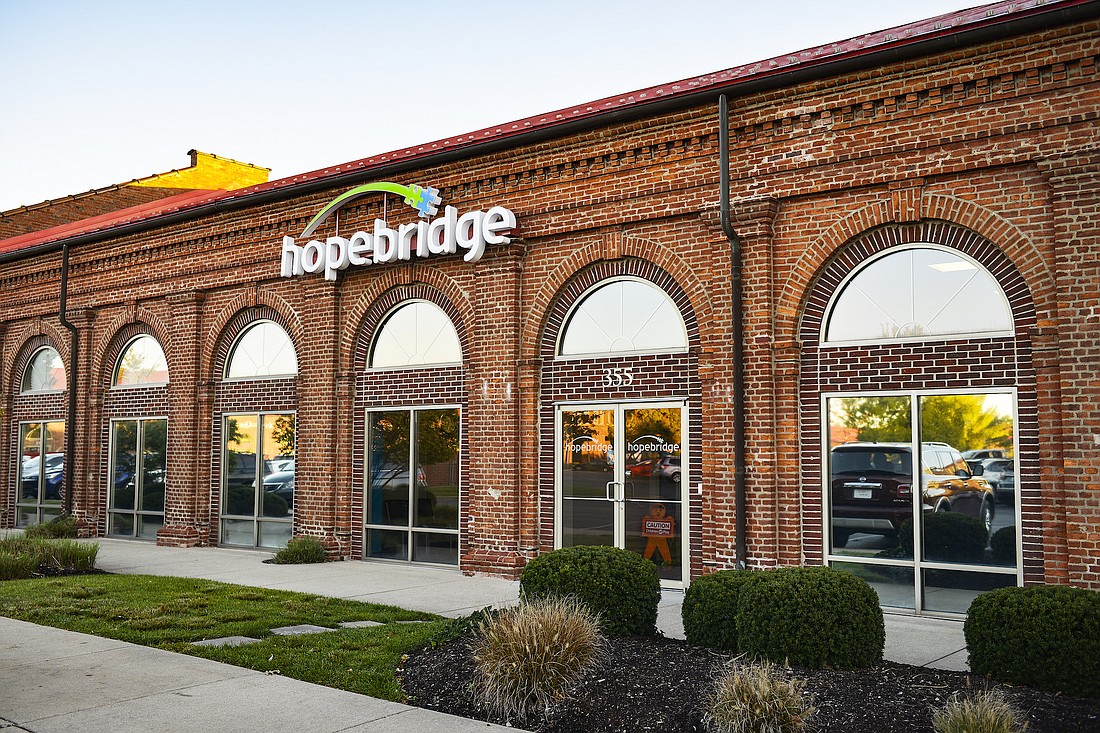- July 26, 2024
-
-
Loading

Loading

SARASOTA — An autism therapy company headquartered in Indiana recently announced the expansion of its services to Florida, including a new center in Sarasota.
Over the next 12 to 18 months, Hopebridge will be adding up to 30 centers starting in Sarasota, St. Petersburg, Fort Myers and Brandon. The centers began scheduling diagnostic assessments for autism spectrum disorder (ASD) and applied behavior analysis (ABA therapy) evaluations in Aug. 2021. The plan is to open for full- and part-time therapy in Oct. 2021.
The new centers in Florida are expected to bring 1,500 new jobs throughout the state, consisting of top board certified behavioral analysts, registered behavior technicians, clinical psychologists, occupational therapists, speech language pathologists and other industry professionals.
“Florida families deserve to receive efficient, quality access to care,” says Hopebridge Chief Clinical Officer Kim Strunk in a press release. “We’re cultivating a community of trusted experts, reputable clinicians and certified therapists to provide Florida’s families with the tools to help their children continue onto success in school and long-term independence.”
The location in Sarasota will be located off Cooper Creek Boulevard. The Fort Myers location will be located off Ford Street and the one in St. Petersburg will be in Pinellas Park. The company is expecting to add additional locations to the state in 2022.
According to the press release, the Indianapolis-based company conducted research that found nearly 25% of children living in Florida with autism waited longer than six months to be diagnosed. The company is hoping to reduce this wait with in-house clinical diagnostic assessments. Additional research shows that 50% of Florida autism families are on a wait list to receive therapy post-diagnosis.
“There are now over one million children with autism in the United States,” says Hopebridge CEO Dennis May in the release. “It’s predicted that even in the next five years, that number will continue to grow as the prevalence of diagnostic services become more accessible. We are working tirelessly to increase this access to care, so more families can get the crucial early intervention they need for their child to live their best life.”